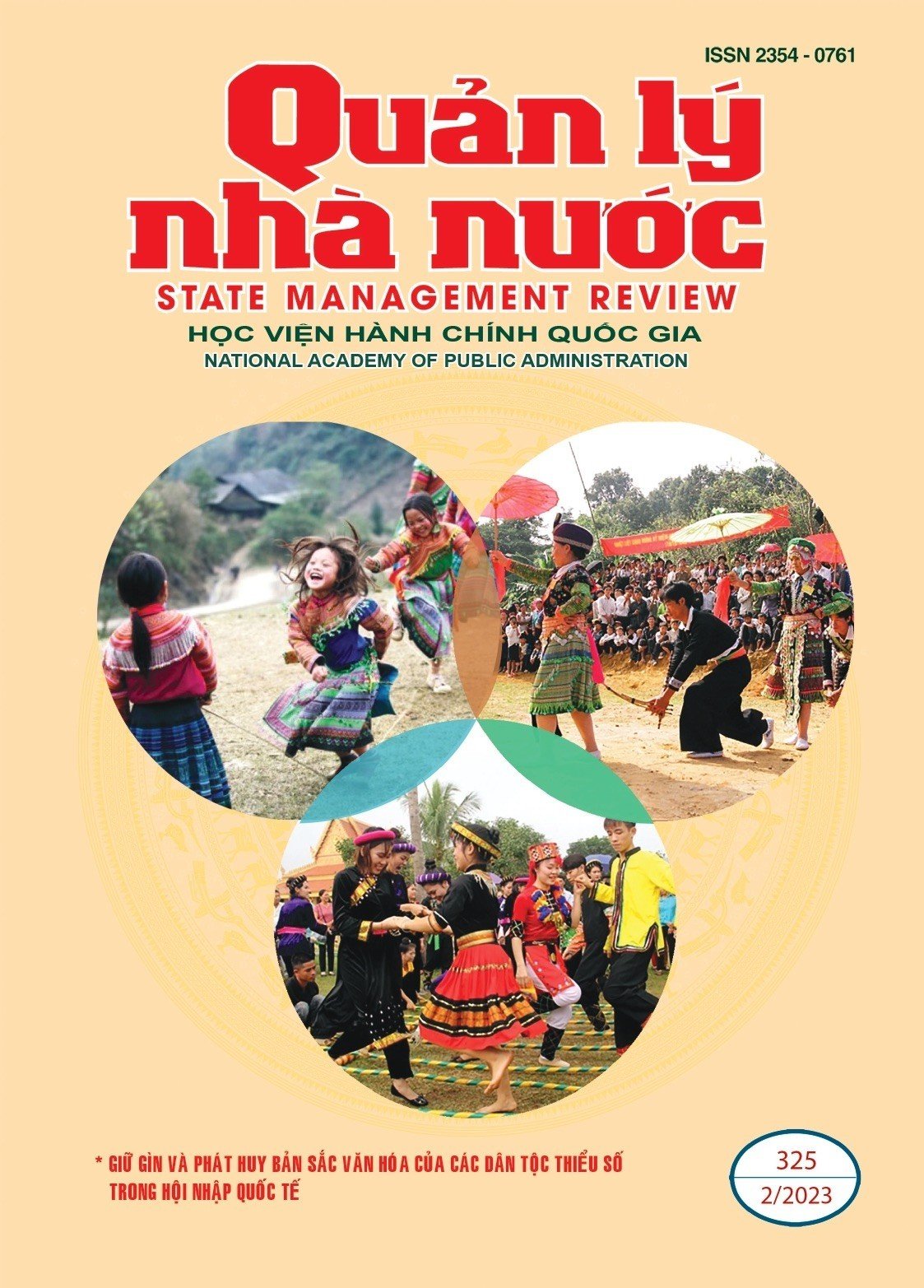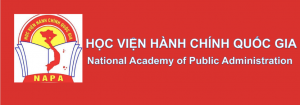Hệ thống đo lường về quản trị nguồn nhân lực, chia sẻ tri thức và kết quả hoạt động của doanh nghiệp
DOI:
https://doi.org/10.59394/qlnn.354.2025.1238Từ khóa:
Quản trị nguồn nhân lực, chia sẻ tri thức, kết quả hoạt động, hệ thống đo lường, doanh nghiệpTóm tắt
Dựa trên việc tổng quan các tài liệu Việt Nam và trên thế giới, bài viết đã trình bày hệ thống đo lường phù hợp với bối cảnh các doanh nghiệp tại Việt Nam. Hệ thống đo lường này nếu được sử dụng trong các doanh nghiệp sẽ trở thành công cụ hữu ích giúp đánh giá thực trạng về công tác quản trị nguồn nhân lực, chia sẻ tri thức và kết quả kinh doanh theo định hướng tài chính và phi tài chính. Bên cạnh đó, nghiên cứu cũng đưa ra một số giải pháp giúp các doanh nghiệp triển khai hoạt động quản trị nguồn nhân lực hiệu quả nhằm gia tăng chia sẻ tri thức và kết quả hoạt động.
Tài liệu tham khảo
Abdelwhab Ali, A., Panneer selvam, D. D. D., Paris, L., & Gunasekaran, A. (2019). Key factors influencing knowledge sharing practices and its relationship with organizational performance within the oil and gas industry. Journal of Knowledge Management, 23(9), 1806-1837.
Barney, J. B. (2001). Resource-based theories of competitive advantage: A ten-year retrospective on the resource-based view. Journal of management, 27(6), 643 - 650.
Chen, C. J., & Huang, J. W. (2009). Strategic human resource practices and innovation performance - The mediating role of knowledge management capacity. Journal of business research, 62(1), 104 - 114.
Delery, J. E., & Doty, D. H. (1996). Modes of theorizing in strategic human resource management: Tests of universalistic, contingency, and configurational performance predictions. Academy of management Journal, 39(4), 802 - 835.
Gold, A. H., Malhotra, A., & Segars, A. H. (2001). Knowledge management: An organizational capabilities perspective. Journal of management informationsystems, 18(1), 185 - 214.
Huselid, M. A. (1995). The impact of human resource management practices on turnover, productivity, and corporate financial performance. Academy of management journal, 38(3), 635 - 672.
Kang, M., & Lee, M. J. (2017). Absorptive capacity, knowledge sharing, and innovative behaviour of R&D employees. Technology Analysis & Strategic Management, 29(2), 219 - 232.
Kim, T. T., & Lee, G. (2013). Hospitality employee knowledge-sharing behaviors in the relationship between goal orientations and service innovative behavior. International journal of hospitality management, 34, 324 - 337.
Lu, K., Zhu, J., & Bao, H. (2015). High performance human resource management and firm performance: The mediating role of innovation in China. Industrial Management & Data Systems, 115(2), 353-382.
Mills, A. M., & Smith, T. A. (2011). Knowledge management and organizational performance: a decomposed view. Journal of knowledge management, 15(1), 156-171.
Nguyen, D. T., & Dao, T. K. (2023). The mediating role of innovation in the relationship between high-performance human resource management practices and firm performance. Heliyon, 9 (12).
Omri, W. (2015). Innovative behavior and venture performance of SMEs: The moderating effect of environmental dynamism. European Journalof Innovation Management, 18(2), 195 - 217.
Việt Nam tự tin, băn lĩnh bước vào kỷ nguyên thông minh. http://baochinhphu.vn, ngày 07/10/2024.
Thúc đẩy chia sẻ tri thức trong các doanh nghiệp ở Việt Nam. http://quanlynhanuoc.vn, ngày 14/5/2024.






